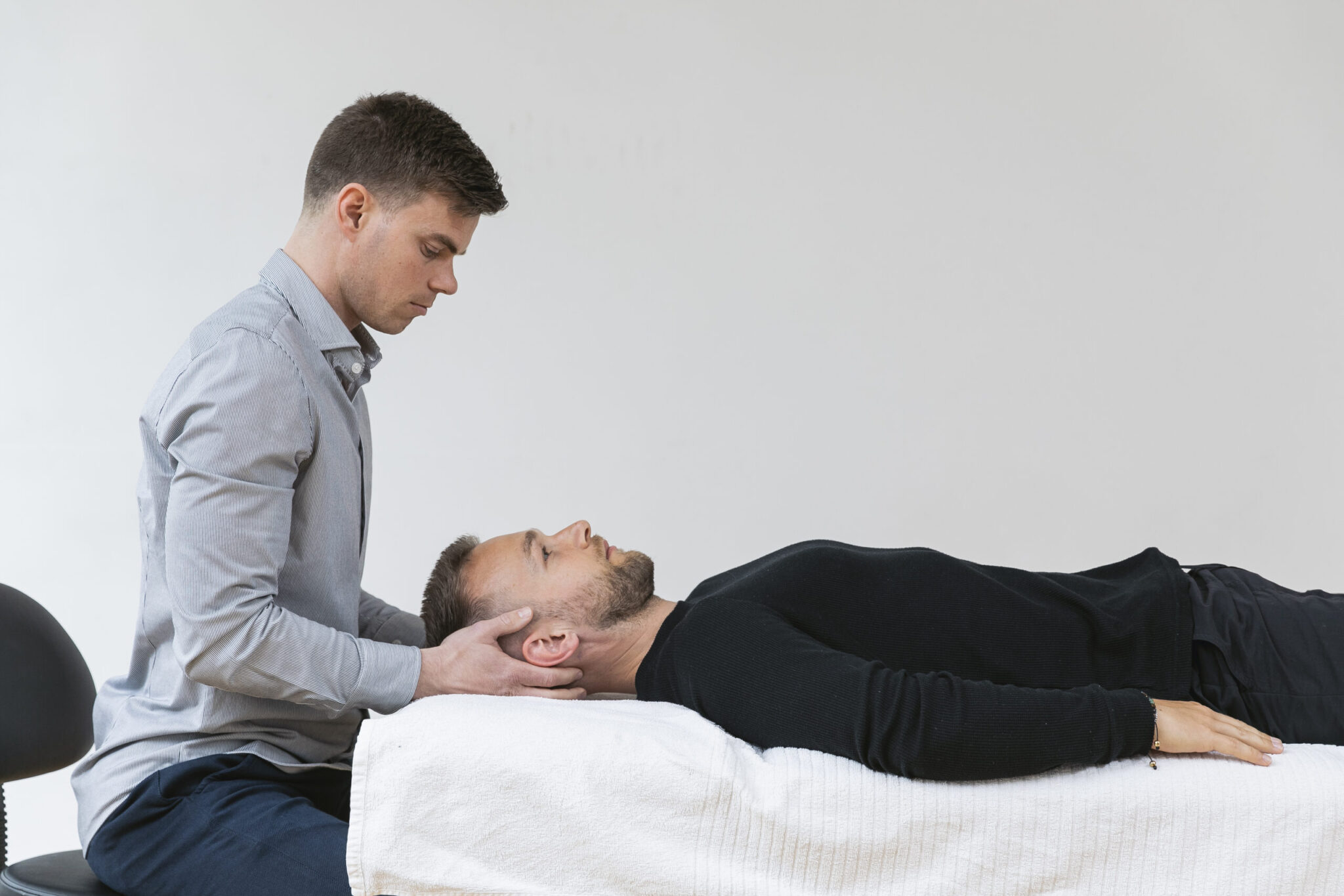We all experience difficulty sleeping from time to time, and there can be many reasons for this.
A shocking event, a stressful everyday life, worries about the future or ruminations about the past can be some of the reasons why we have sleep problems for a period of time.
Do you have difficulty falling asleep at night, even though you feel tired? Or do you wake up several times during the night and have difficulty falling back asleep?
Finally, are you perhaps one of the many who consistently wakes up very early in the morning, even though the alarm clock hasn’t rung yet?
Whatever applies to you, hopefully the advice below can help you sleep better.
What can I do myself?
To ensure the best conditions for sleeping well, it is important to focus on what you do during the day and in the evening leading up to going to bed. This includes what you consume during the evening and your sleeping environment.
This is called sleep hygiene.
Use light and darkness actively
Expose yourself to outdoor light in the morning and early afternoon and avoid bright light in the evening (phone, computer, etc.). This provides the best conditions for the production of your natural “sleep hormone” Melatonin, which is essential for sleeping at night.
Move around during the day
Exercise decreases the time it takes to fall asleep at night and reduces the number of awakenings during the night. Physical activity releases endorphins that can have a calming effect on the mind, helping to reduce stress and anxiety that are often associated with sleep problems.
Avoid taking naps during the day as much as possible.
A nap during the day may seem very tempting, but you’re usually doing yourself a disservice by doing so.
It is often better to “save” your sleep needs for the evening rather than “use” them during the day. That way, you will be more sleepy at bedtime and have an easier time falling asleep.
Stay away from caffeinated foods such as coffee and cola after 3 p.m.
Caffeine has a stimulating effect and it takes about 5 hours for the body to break down and eliminate just half of the caffeine consumed.
This means that if you consume caffeine late in the afternoon or evening, it may be present in your body when you are trying to fall asleep.
It is also important to be aware that some types of tea may contain caffeine.
Make sure you have eaten so that you are neither hungry nor overly full before going to bed.
Feeling excessively hungry or full can be stimulating and keep you awake.
Avoid consuming alcohol right before bedtime.
Many people experience falling asleep more quickly after consuming alcohol, but sleep becomes more superficial and with more awakenings, as alcohol in the body suppresses the normal sleep pattern.
Try to avoid taking the day’s speculations to bed.
Allow the last hour before bed for relaxation, perhaps by reading a book or listening to music.
A head full of thoughts is often one of the reasons why it is difficult to fall asleep. However, it is easier said than done to let go of the many thoughts and speculations. It is therefore about shifting focus. And here a book or a piece of music can be of help.
Keep the bedroom dark, quiet and at a suitable temperature.
Staying in daylight during the day and ensuring a dark bedroom promotes the production of your natural “sleep hormone” Melatonin.
- It is a good idea to air out the bedroom before bed and keep the temperature at 16 – 18 degrees.
Ensure bed comfort
- Comfortable bedding creates a pleasant and inviting environment that promotes relaxation. This can help reduce tension and stress.
- Choose a mattress and pillow that support optimal posture and reduce pressure points by distributing body weight evenly. This facilitates blood circulation.
- A suitable duvet helps maintain a comfortable body temperature during your sleep. This is important as body temperature naturally drops during sleep.
Wait to go to bed until you are sleepy.
Rest when you are tired and sleep when you are sleepy.
Staying in bed should preferably only be associated with sleep and sex. No screens or TV in the bedroom!
I’m afraid I won’t be able to sleep tonight!
If sleep problems continue, even though the thing that originally triggered the poor night’s sleep is no longer a big deal or is no longer present, anxiety can take over. It can be anxious thoughts about whether it will ever be possible to sleep well again.

